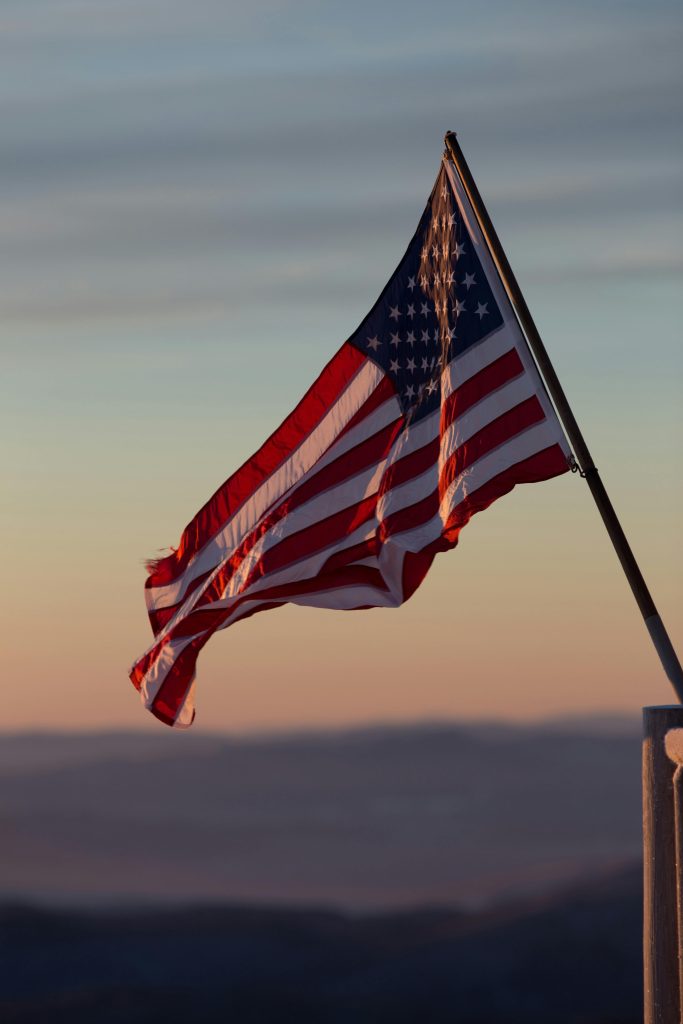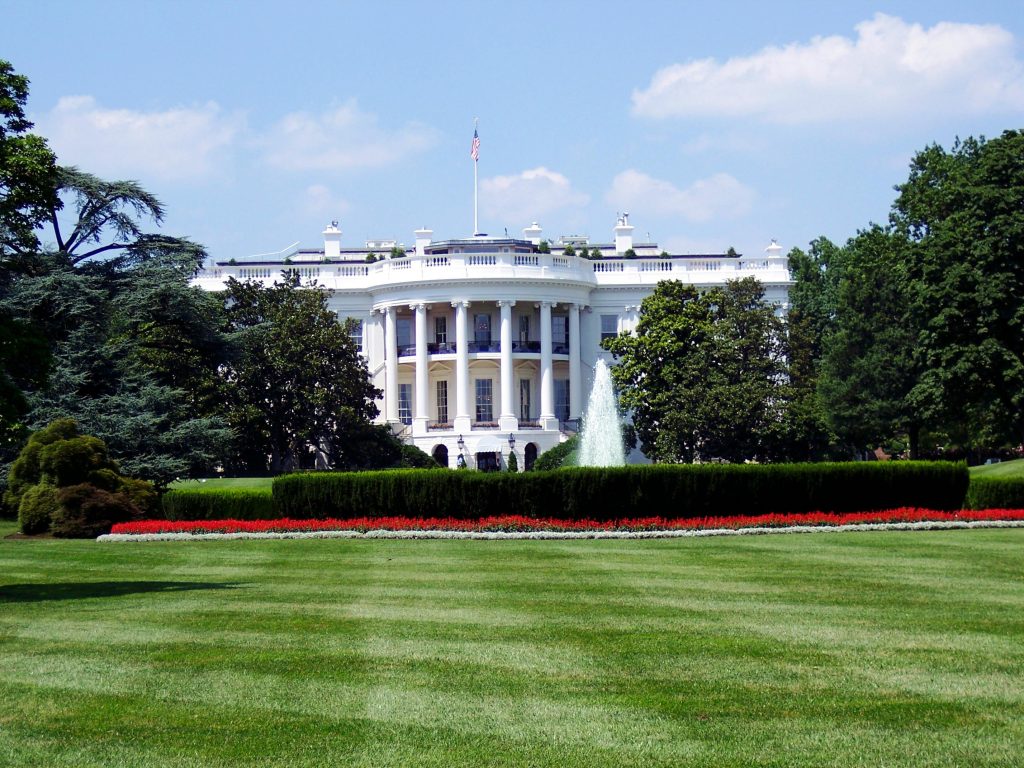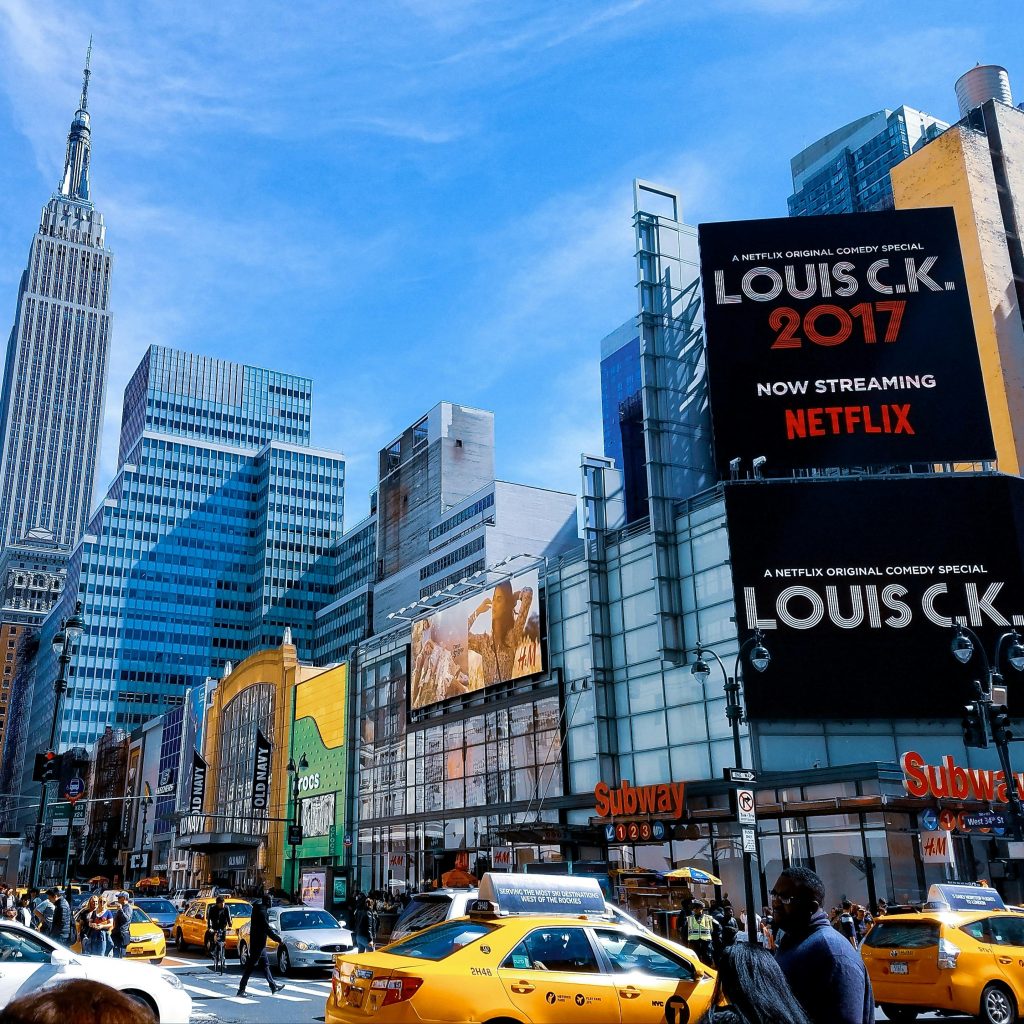Preparing for Your Interview: New USA Visa Rules from April 2025

Planning a trip to the United States? Whether it’s for study, tourism, work, or family visits, the visa interview is a crucial step in the process. It’s essential to be well-prepared to make a positive impression and increase your chances of approval. With recent revisions to the USA visa interview requirements, effective now, in April 2025, it’s more important than ever to understand the updated guidelines and approach your interview with confidence.
While the core principles of the visa interview remain the same – assessing your eligibility and intent to comply with US immigration law – some adjustments have been implemented. Staying informed about these changes will help you avoid potential pitfalls and present your case effectively.
What Might Be New? (General Areas to Focus On)
While the specifics of the revisions can vary depending on your visa category and the US embassy or consulate where you’re applying, here are some general areas where changes have been observed or emphasized recently:
- Emphasis on Genuine Intent: Expect increased scrutiny regarding the purpose of your travel and your intention to return to your home country after your authorized stay. Be prepared to provide clear and convincing evidence of your ties to your home country, such as family, employment, property ownership, and financial assets.
- Financial Stability: Demonstrating sufficient funds to cover your expenses during your stay in the US, without relying on public assistance, is always critical. Be ready to present updated bank statements, sponsorship letters (if applicable), and any other relevant financial documentation.
- Digital Footprint: Consular officers may increasingly consider your online presence, including social media activity, as part of the overall assessment. While not the primary factor, maintaining a responsible and transparent online profile is advisable.
- Clarity and Conciseness: Providing clear, truthful, and concise answers to the consular officer’s questions is paramount. Avoid ambiguity or providing unnecessary information. Stick to the facts and answer directly.
- Document Verification: Be prepared for more thorough verification of the documents you submit. Ensure all documents are genuine, accurate, and translated into English if required.
Key Steps to Prepare for Your USA Visa Interview (Under the New Rules):
- Thoroughly Review the Specific Requirements for Your Visa Category: The rules and required documentation vary significantly depending on whether you’re applying for a tourist visa (B-2), student visa (F-1 or M-1), work visa (H, L, etc.), or another category. The official website of the US embassy or consulate in Onitsha, Anambra, Nigeria (or your place of residence) is your primary resource. Look for any specific announcements or updated guidelines related to visa interviews.
- Gather All Required Documents (and Make Copies!): Ensure you have all the necessary documents, including your valid passport, visa application form (DS-160 confirmation), photographs, proof of funds, letter of acceptance (if a student), employment verification (if a worker), and evidence of ties to your home country. Make both original and clear copies of everything.
- Practice Your Answers to Common Interview Questions: While the exact questions will vary, be prepared to answer questions about:
- The purpose of your trip to the US.
- Your intended duration of stay.
- Your financial resources.
- Your ties to Nigeria (or your home country).
- Your plans after your authorized stay in the US.
- Your educational background and work history.
- Be Prepared to Provide Evidence of Ties to Nigeria: This is a crucial aspect of demonstrating your non-immigrant intent. Gather documents that prove your strong connections to Nigeria, such as:
- Proof of current employment or business ownership.
- Property ownership documents.
- Family ties (marriage certificate, birth certificates of dependents).
- Bank statements showing consistent activity.
- Letters from employers or educational institutions confirming your return plans.
- Dress Professionally and Be Punctual: Your appearance and demeanor during the interview can contribute to the overall impression you make. Dress neatly and professionally. Arrive at the US embassy or consulate in Onitsha, Anambra, Nigeria (or your designated location) on time.
- Listen Carefully and Answer Truthfully: Pay close attention to the questions asked by the consular officer. If you don’t understand a question, politely ask for clarification. Always answer truthfully and avoid making assumptions.
- Be Respectful and Courteous: Maintain a polite and respectful attitude throughout the interview.
- Stay Calm and Confident: It’s natural to feel nervous, but try to remain calm and confident. Speak clearly and maintain eye contact.
Important Considerations for Applicants
- Specific Local Procedures: Be sure to familiarize yourself with any specific procedures or requirements outlined by the US embassy or consulate serving your region in Nigeria. Check their official website for the most accurate local information.
- Language: The interview will likely be conducted in English. Ensure you are comfortable communicating effectively in English.
By understanding the potential shifts in emphasis under the new USA visa rules and diligently preparing for your interview, you can increase your confidence and your chances of a successful outcome. Remember to be honest, clear, and provide strong evidence supporting your application and your intent to comply with US immigration law. Good luck with your interview!

Passing a USA visa interview successfully requires thorough preparation, honesty, and a confident demeanor. Here are some key tips tailored for applicants .
1. Understand Your Visa Category Inside and Out:
- Know the specifics: Don’t just know you’re applying for a tourist visa (B-2) or a student visa (F-1). Understand the exact requirements and limitations of your specific sub-category.
- Review the official website: The U.S. Embassy in Abuja and the Consulate General in Lagos websites are your primary resources for accurate information on visa categories and requirements specific to Nigeria.
2. Be Honest and Truthful:
- Absolute integrity: Never provide false or misleading information. Consular officers are trained to detect inconsistencies, and dishonesty will almost certainly lead to refusal and potential future ineligibility.
- Answer directly: Stick to the facts and answer the questions asked. Don’t volunteer unnecessary information.
3. Demonstrate Strong Ties to Nigeria (Non-Immigrant Intent):
- Crucial for non-immigrant visas: The primary concern of the consular officer is that you will return to Nigeria after your authorized stay in the US. Be prepared to prove strong ties, such as:
- Family: Marriage certificate, birth certificates of dependents remaining in Nigeria.
- Employment/Business: Letter from your employer confirming your position and expected return, business registration documents.
- Property: Ownership documents for land or property in Nigeria.
- Financial Assets: Bank statements showing consistent activity in Nigeria.
- Social/Community Ties: Membership in organizations, religious affiliations.
- Future Plans: Clearly articulate your plans upon returning to Nigeria.
4. Be Prepared Financially:

- Show sufficient funds: Demonstrate that you have enough funds to cover your expenses in the US without relying on public assistance.
- Provide clear documentation: Bank statements, sponsorship letters (if applicable), and proof of other financial resources should be readily available. Ensure the source of funds is legitimate and clearly explained.
5. Know Your Purpose of Travel Clearly:
- Be specific and concise: Articulate the exact reason for your trip. For tourism, have a basic itinerary. For study, know your program details and university. For work, understand your job responsibilities.
- Avoid vague answers: “I want to see America” is not a sufficient answer.
6. Practice Common Interview Questions:
- Anticipate questions: Think about what the consular officer might ask based on your application. Common questions include:
- Why do you want to go to the US?
- How long do you plan to stay?
- What will you do in the US?
- How will you fund your trip?
- What are your ties to Nigeria?
- What are your plans after returning to Nigeria?
- Practice your answers aloud: This helps you feel more comfortable and articulate during the actual interview.
7. Be Confident and Respectful:
- Maintain eye contact: This shows sincerity and confidence.
- Speak clearly and at a moderate pace: Ensure the consular officer can understand you.
- Be polite and respectful: Address the officer as “Sir” or “Madam.”
- Answer truthfully even if the answer isn’t what you think they want to hear: Honesty is always the best policy.
8. Dress Professionally:
- Make a good impression: While not the deciding factor, dressing neatly and professionally shows you take the interview seriously.
9. Be Punctual:
- Arrive on time: Plan your journey to the U.S. Embassy or Consulate General in Nigeria well in advance to account for traffic and security checks. Being late can create a negative impression.
10. Keep Your Answers Concise:
- Avoid rambling: Answer the question directly and provide necessary details, but don’t go off on tangents.
Specific Tips for Applicants :
- Familiarize yourself with the location: Know the exact address and any specific entry procedures for the U.S. Embassy in Abuja or the Consulate General in Lagos (whichever you are attending).
- Be prepared for potential travel: Factor in travel time and costs to Abuja or Lagos if you reside in Onitsha.
What NOT to Do:
- Don’t provide false information.
- Don’t be evasive or vague.
- Don’t bring unnecessary items to the interview. Check the embassy/consulate guidelines on prohibited items.
- Don’t argue with the consular officer. If your visa is denied, ask politely for the reason and understand the process for future applications.
- Don’t rely on third-party advice that contradicts official sources. Always refer to the U.S. Embassy/Consulate website.
By following these tips and preparing thoroughly, you can significantly increase your chances of a successful USA visa interview anywhere else. Remember that the consular officer’s job is to assess your eligibility based on US immigration law, and your role is to provide clear and convincing evidence that you meet those requirements and intend to abide by them. Good luck!